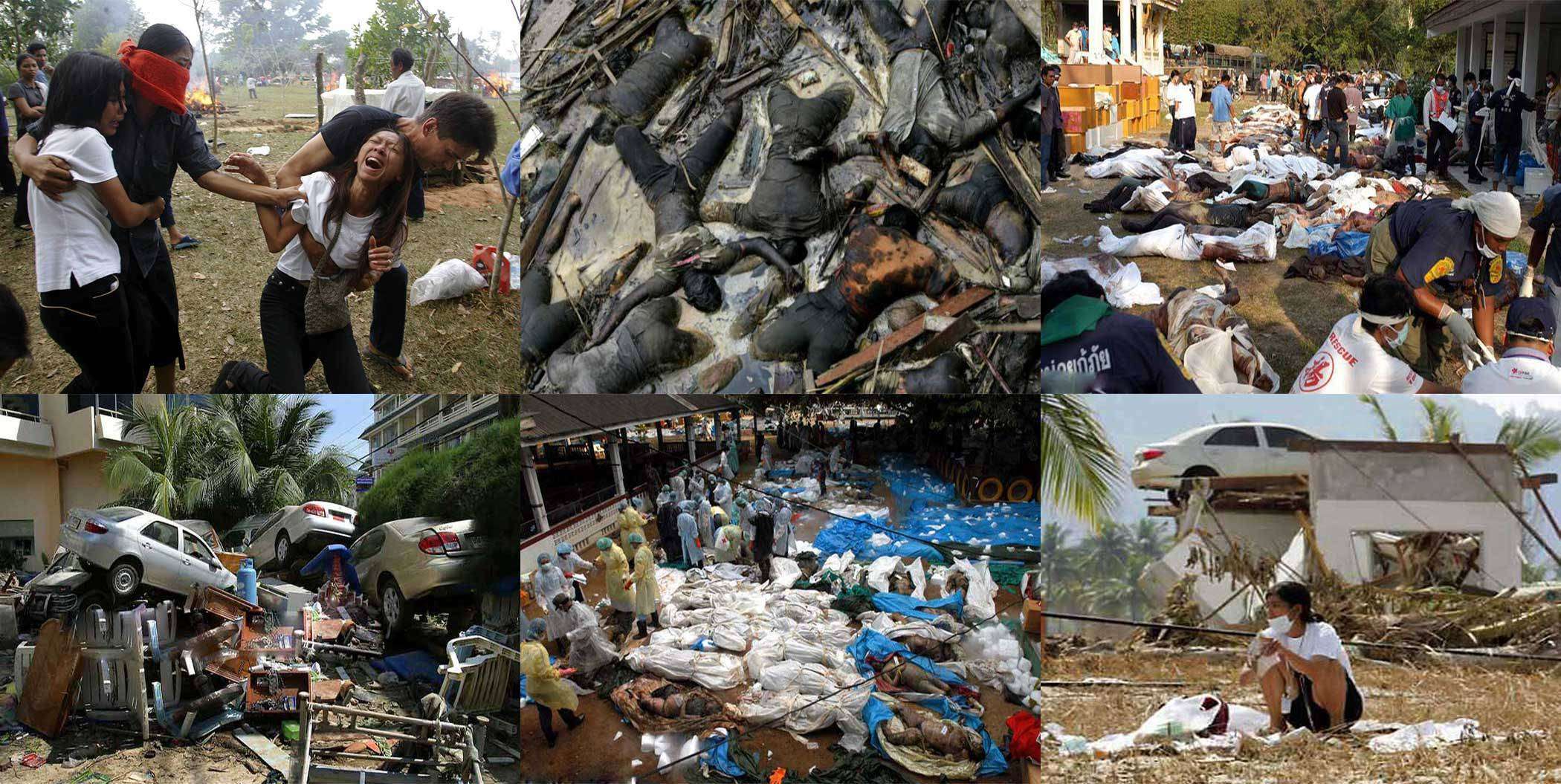
In 2004 and 2005, in addition to running my consultancy firm, I also moonlighted – quite literally – as a copy editor at The Jakarta Post. This meant my work day averaged 16 hours at that time. I totally didn’t need this additional workload, but it was an opportunity to learn more about Indonesia by being at the centre of Indonesia’s only English-language media outlet.
Being affiliated with Indonesia’s largest newspaper, Kompas, meant that great volumes of news and information flowed constantly through the newsrooms, with unending discussion and banter about what was going on at any moment. This included a lot of information that could never be published for various reasons.
On the 26th of December 2004 – 14 years ago today – a massive earthquake hit western Indonesia. I was asked to come into the newsroom before my scheduled time because it was surmised that there were going to be some casualties.
We knew that a tsunami had been triggered, because of footage on foreign news services showing destructive waves in Phuket, Thailand, a place very popular with Caucasian tourists. But from western Indonesia, in particular the restive [at that time] province of Aceh, and in West Sumatra, there was nothing. No information flows at all. Just silence. Nobody could get through to friends or family, and it was assumed this was because communications cables and towers had been damaged in the earthquake.
More than 24 hours after the quake, news started to trickle in that there had in fact been a tsunami in Aceh and West Sumatra. First reports said hundreds may have died. Many hours later, that became ‘maybe thousands’. Over the next few days, the true scale of what had happened started to become evident. And that scale was overwhelming.
Over the next days and weeks, news, photos and video streamed through the newsroom. Thousands of dead became tens of thousands, became hundreds of thousands. Terrifying video of the tsunami sweeping through cities of Aceh were played constantly. Visions of humans being swept along helpless in the torrent of seawater and debris, still alive, but almost certainly seconds or minutes from death. Bodies of the already dead became part of the debris. Children and babies in particular.
Over the weeks and months following came images of huge piles of bloated human bodies lining the sides of roads, having been pushed there by bulldozers making paths for rescue crews. It took more than 6 months for most of the bodies to be found and buried.
Millions of people were made homeless. Orphans roamed aimlessly. Women who had lost their children were inconsolable.
For me personally, at some certain point, I had to stop caring. Or maybe empathizing is a better word. My empathy was exhausted. I wanted to care, but I just couldn’t. I really had to protect myself.
This attitude continues to this day. I do all I can to avoid being sucked into becoming empathetic, not because I am not empathetic, but because I am too empathetic. I find it far too easy to enter into the suffering of other people, and make it my own. This is soul destroying, if I can use that term. Now, I seem to have an automatic strategy to either avoid emotionally disturbing situations, or to harden myself and let the situations pass over me.
This hardening can seem selfish, both to others and to myself. I justify it by invoking the law of self preservation.
Living in Indonesia means living with much higher levels of uncertainty and chaos, at many different levels; geologically, culturally, politically. Catastrophe, impermanence and instability are very much more in the foreground than in other places on the planet. Both before and after the 2004 earthquake/tsunami, disasters and crises rocked Indonesia constantly. Year after year there is a procession of disasters, both natural and man-made, that cause death, destruction and suffering throughout the archipelago.
2018 alone has seen the usual complement of catastrophes, including the Lombok earthquakes (600 dead), the Sulawesi earthquake and tsunami (2400), the Lion Air crash (190), the sinking of the MV Sinar Bangun (160), just to name a few. And now, of course, there is the Sunda Straits tsunami, where the death toll will probably reach 500.*
So, it’s not that I don’t want to care, but maybe I have cared too much, for too long. My stores of compassion have become exhausted through overuse. It’s not something I like about myself. That’s just the way things happen.

 Gary Dean
Gary Dean